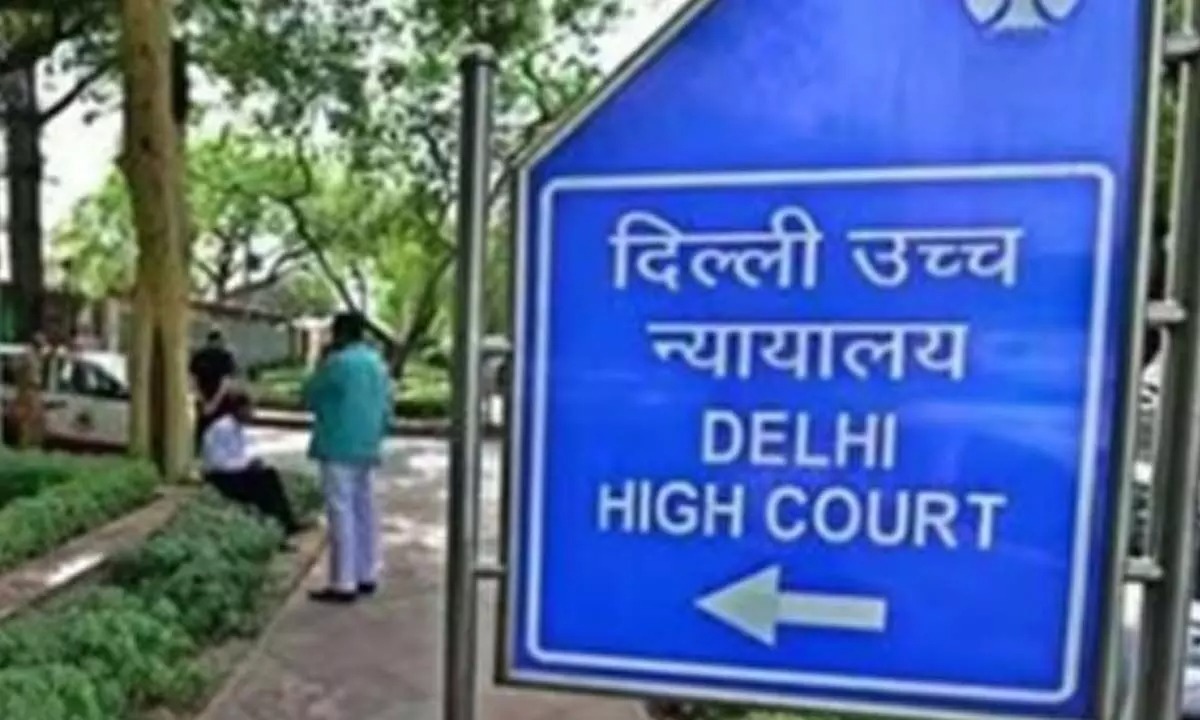Banerjee, J.@mdashThis is an application by the petitioner Basanti Rice Mill for setting aside an order purported to have been made u/s 13(1) of the West Bengal Rice Mills Control Order (1949), suspending the milling licence of the mill for a period of three months with effect from the date of the service of the order.
2. The petitioner is a Rice mill which has been carrying on the business of milling rice from 1937. In order to carry on business as a mill it is required to take out a licence every year.
3. Clause 4 of the West Bengal Rice Mills Control Order 1949 provides:
"No person shall engage in any undertaking or business of milling rice except under and in accordance with the conditions of a licence issued in that behalf by the Commissioner."
4. "Commissioner" has been defined by the Act. It means:
"Food Commissioner, Government of West Bengal, or any other officer authorised by him in writing in this behalf to perform all or any of the functions of the Commissioner under this Order."
5. The order in question was made by a gentleman who at that time was the Regional Controller of Procurement, Region II, Asansol. But for the purpose of this application, learned Advocate on behalf of the petitioner is prepared to accept the position that he is a ''Commissioner'' within the meaning of the Order.
6. The petitioner states that sometime in January 1950 one Sri Bibhuti Bhushan Pan was posted as Inspector-Assessor, Rasulpur, Burdwan. In other words, he became one of the inspecting authorities of rice mills in that area. The petitioner has a house in Rasulpur which the petitioner alleges was let to the said Mr. Pan. It is further alleged in the petition that in spite of demand he did not pay any rest and ultimately vacated the premises without paying any rent; that immediately thereafter he lodged a complaint against the petitioner for contravention of Clause 15 (a) and Clause 15 (b) of the West Bengal Rice Mills Control Order, 1949. That matter was investigated into by an officer of the District Enforcement Branch, Burdwan and upon his final report the proceedings were dropped.
7. In August 1950 the petitioner filed a suit to recover Rs. 350/- from Mr. Pan for arrears of rent. The first date of appearance was fixed on September 15, 1950. On that date Mr. Pan entered appearance. On September 19, 1950, the Order complained of was made and on 25th September it was served on the mill suspending the milling licence of the petitioner under Clause 13(1) of the West Bengal Rice Mills Control Order, 1949, on the ground that criminal proceedings were pending against the mill for contravention of the. provisions of the, Order. Clause 13(1) of the Order is as follows:
"No licensee shall contravene any of the conditions of his licence. If any such licensee contravenes, any of the said conditions then without prejudice to any other action that may be taken against him his licence shall be liable to be cancelled or suspended by the Commissioner."
8. There are certain conditions of the licence. If a licensee contravenes any of the conditions, his licence is liable to be cancelled or suspended by the Commissioner. But the institution of criminal proceedings against a licensee does not within the terms of the section entail cancellation or suspension of the licence. It is not suggested by the learned Advocate who appears for the opposite party that the petitioner has broken any of the conditions of the licence. The opposite party has filed an affidavit in opposition in which he states that the order of suspension complained against was based on the report of the Central Enforcement Branch which investigated into the complaint made by the Inspector Assessor on 20th June, 1950. He further states that the Special Superintendent of Police, Central Enforcement Branch, West Bengal, in his letter dated 30th August 1950, informed the Deputy Director of Rice Mills that a prima facie case has been made out against the petitioner for contravention of the West Bengal Rice Mills Control Order and the District Enforcement Branch had been directed to start a case u/s 7 (1) of Act 24 of 1946 (The Essential Supplies (Temporary Powers) Act, 1946), and that thereupon the District Enforcement Branch, Burdwan, started the criminal proceedings against the petitioner. The Inspector Assessor who made the complaint was Mr. Pan himself. It appears, therefore, that on his complaint the matter was investigated into and the criminal proceeding has been taken. It is not stated anywhere in the order under consideration that the licence has been suspended for breach of any of the conditions of the licence.
9. The learned Advocate for the opposite party has not made any serious attempt to support his client''s case. It is clear to us that the licence cannot be cancelled or suspended under Clause 13 (1) of the Order for any criminal proceeding that might have been taken against the petitioner. The only ground on which under that clause a licence can be canceled or Suspended is breach of one of the conditions of the licence. It is not the opposite party''s case that any such condition has been broken.
10. We do not say anything about the criminal proceedings which are now pending against the petitioner. That matter is not before us. But we are clearly of opinion that the order has not been made within the terms of the section under which it is purported to have been made and as such is invalid. On this ground alone we think that the order complained of should be set aside.
11. We, therefore, make this Rule absolute by directing the opposite party to refrain from taking any steps under the, order dated September 19, 1950, which we have declared to be invalid.
12. The petitioner is entitled to its costs of this Rule, the hearing-fee being assessed at five gold mohurs.
Harries, C.J.
13. I agree.

